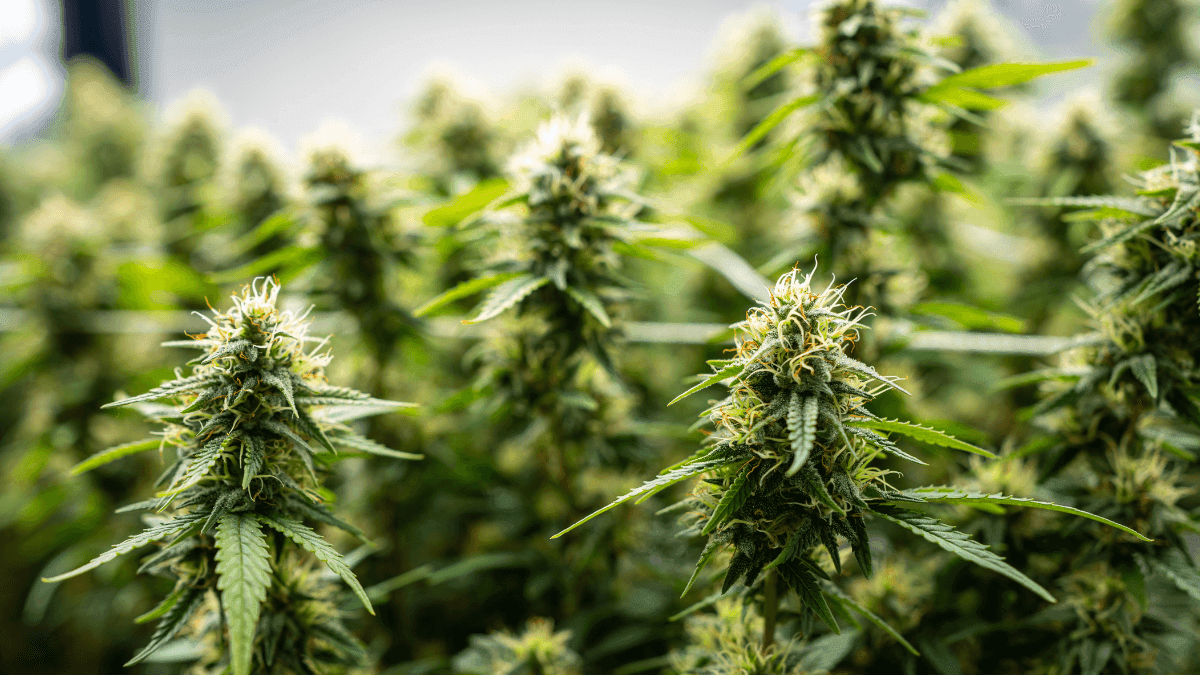Cannabis in Disease Prevention: A Gentle Look at Care, Science, and Hope
Discover how cannabis in disease prevention combines science and care, with evidence of its anti-inflammatory and neuroprotective effects
Published on 10/23/2025

Research indicates that cannabis compounds can act preventively in various diseases, promoting balance, relief, and quality of life | CanvaPro
There is a subtle and ancient power in the leaves of Cannabis sativa that goes beyond stigma: it suggests possibilities for preventing diseases, relieving suffering before it becomes chronic, and restoring a slightly smoother life. In this context, we navigate daily here on the Portal, through scientific research, human experiences, and data from Brazil to understand how cannabis fits into this preventive care map.
What the studies say: evidence of prevention
To talk about prevention, we need to distinguish between medicinal use, promoted under professional supervision, and recreational use. Here we are interested in the former, studies that investigate how compounds from the plant can act in preventing or delaying the onset of certain pathologies, or in early control to avoid complications.
Scientific reviews indicate that cannabinoids have anti-inflammatory, analgesic, anxiolytic, anticonvulsant, and even neuroprotective effects. These functions are essential to prevent, for example, progressions of neurological or inflammatory diseases.
At Sechat, we inform about at least 30 pathologies that already have indications for treatment with cannabis derivatives. Diseases such as epilepsy, anxiety, chronic pain, multiple sclerosis, Alzheimer's, and Parkinson's frequently emerge as beneficiaries of medicinal cannabis, either for relief or as a complementary treatment that prevents severe complications.
Brazilian data: scenario, challenges, and advances
Looking at home, at Brazil, helps to humanize and understand the real barriers, not only scientific but also social, legal, and medical knowledge.
- Only 0.5% of Brazilian doctors are qualified to prescribe cannabis-based medications, despite the growing demand and there being about 30 diseases with clinical indications.
- A striking fact: about 40% of Brazilian adults live with a chronic disease, meaning almost 60 million people. Chronic diseases often require long-term treatments, which have a profound impact on quality of life. Medicinal cannabis, when correctly used, appears as an alternative or complement that can reduce suffering, improve well-being, and prevent complications.
Types of diseases in which cannabis can act preventively
Listing the possibilities helps visualize:
- Neurological diseases: epilepsy, multiple sclerosis, Alzheimer's, Parkinson's. The neuroprotective and anti-inflammatory effects can delay progress, relieve symptoms early.
- Chronic pain conditions: debilitating chronic pain can lead to physical and mental comorbidities; cannabis-derived agents have shown promise for pain management, which avoids excessive use of opioids or medications with many adverse effects.
- Mental health disorders: anxiety, stress, insomnia, conditions often underestimated but with a huge impact on well-being. There is evidence that cannabinoids, such as CBD, may help balance these conditions, preventing them from evolving into more severe conditions.
- Inflammatory conditions: the anti-inflammatory use can contribute to the prevention of metabolic or autoimmune diseases when combined with a healthy lifestyle, proper nutrition, and medical monitoring.
Barriers, risks, and myths: growing sensibly
Prevention also requires caution. The use of medicinal cannabis is not without care or regulations. The lack of medical training is still an important barrier: many professionals are unaware of the endocannabinoid system and, therefore, have difficulty prescribing safely, which can result in underdosing, overdosing, or unwanted drug interactions.
In Brazil, despite regulatory advances, access remains limited to patients who face difficulties in obtaining standardized products and adequate monitoring.
There are also myths surrounding psychoactive effects: THC can cause reactions that not everyone tolerates well, but it is important to remember that it is not synonymous with medicinal cannabis, and that CBD, without psychoactive effects, has stood out in various therapeutic and preventive protocols.
Furthermore, although the scientific evidence is promising, there are still limitations: many studies are in the early stages, with small samples or conducted in animal models, which reinforces the need for more long-term clinical research.
How to integrate cannabis in disease prevention: human suggestions
For this potential care to materialize ethically, safely, and effectively, some clues:
- Individualized medical evaluation: consider health history, predispositions, medications in use.
- Use of regulated products, with standardized doses and forms (oils, extracts, etc.).
- Combination with healthy habits: diet, exercise, quality sleep — medicinal cannabis does not replace these pillars but can be an ally.
- Continued education for healthcare professionals: so they can recognize when cannabis can prevent (or delay) complications, and when it is not indicated.
- Public policies for fair and safe access: clear regulation, affordable prices, support for patients, Brazilian-funded research to generate more local data.










